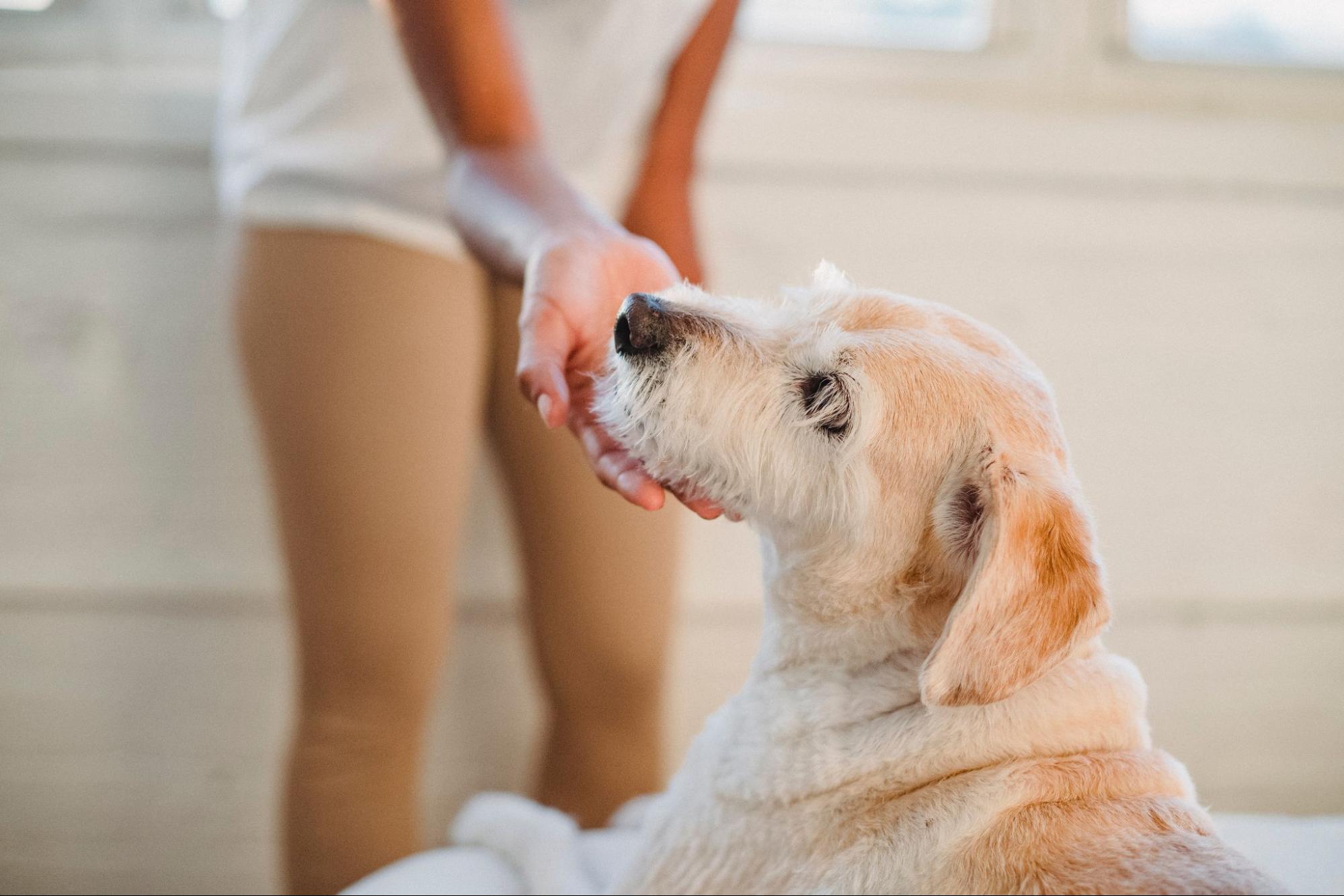How to Stop a Puppy from Biting your Feet
When it comes to addressing biting behavior in Labradors, teaching them appropriate biting inhibition is crucial. This involves guiding them towards understanding the difference between gentle mouthing and aggressive biting. One effective technique is redirecting their attention to a suitable chew toy whenever they attempt to bite your feet. By consistently reinforcing this behavior, you can encourage your Labrador to associate the act of biting with the appropriate object.
Another useful method is yelping or making a high-pitched noise when your puppy bites too hard during playtime. This mimics how puppies communicate with each other and helps them understand that their actions are causing discomfort. It’s important to remain consistent and patient, as it may take time for your Labrador to grasp this concept fully.
Encouraging alternative behaviors to biting
In addition to teaching appropriate biting inhibition, it’s essential to encourage alternative behaviors that provide mental stimulation and serve as healthy outlets for energy. Engaging in interactive play sessions with toys such as puzzle feeders or treat-dispensing toys can help redirect their focus away from nibbling on your feet.
Furthermore, incorporating regular exercise into your Labrador’s routine can contribute significantly to reducing destructive behaviors like excessive chewing or nipping. Taking them for walks, playing fetch, or participating in obedience training sessions not only tires them out physically but also stimulates their minds, promoting overall better behavior.
Utilizing clicker training for positive reinforcement
Clicker training is an effective positive reinforcement technique that can be employed when addressing problematic behaviors like foot-biting in Labradors. The process involves using a small handheld device called a clicker that makes a distinct sound when pressed.
To start clicker training, begin by associating the sound of the clicker with treats or rewards. Whenever your Labrador exhibits desired behaviors such as refraining from biting or choosing an alternate activity, immediately
Understanding the Biting Behavior of Labradors
Labradors are known for their playful and energetic nature, but sometimes this exuberance can manifest in unwanted behaviors, such as biting. It’s important to understand why Labradors bite and how to address this behavior early on. In this section, we’ll explore common reasons why Labradors bite, the different types of biting behavior they

Common Reasons Why Labradors Bite Feet
The importance of early training to prevent biting behavior
When it comes to tackling the issue of Labrador puppies biting feet, one of the most crucial factors is early training. Puppies, just like human babies, are born with a natural inclination to explore their surroundings using their mouths. However, if not properly guided and trained from a young age, this innocent behavior can quickly turn into a habit that persists into adulthood.
To prevent your Labrador from developing a foot-biting habit, it’s essential to start training them as soon as they come home. Teach them appropriate behaviors and redirect their attention towards toys or chew bones when they exhibit biting tendencies towards your feet. Consistency and positive reinforcement are key in reinforcing good habits and discouraging unwanted behavior.
Creating a safe and stimulating environment for your Labrador
Another common reason why Labradors may bite feet is due to boredom or lack of mental stimulation. These energetic creatures require plenty of exercise and mental enrichment to keep them happy and content. Without proper outlets for their energy, they may resort to undesirable behaviors such as nipping at your feet.
Ensure that you provide your Labrador with ample opportunities for physical exercise through regular walks, play sessions, or even agility training. Additionally, engage them in mentally stimulating activities like puzzle toys or obedience training exercises that challenge their minds. A tired and mentally stimulated Labrador is less likely to resort to inappropriate biting behaviors.
Using positive reinforcement techniques to discourage biting
Positive reinforcement techniques can be highly effective in teaching your Labrador not to bite feet. Instead of resorting to punishment-based methods which can potentially worsen the problem or damage the trust between you and your pet, focus on rewarding desired behaviors.
Whenever your puppy refrains from biting feet and instead engages with an appropriate toy or behaves calmly around you, shower them with praise, treats, or affectionate pats. This helps reinforce the understanding that gentle behavior is rewarded, while biting or nipping leads to a lack of attention or rewards.